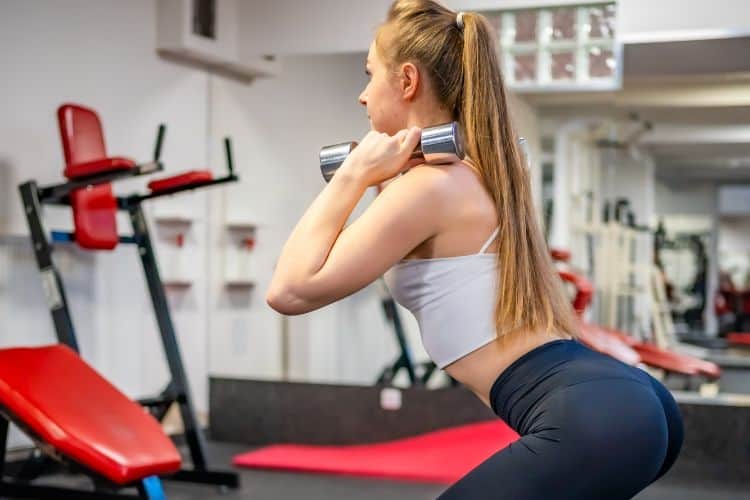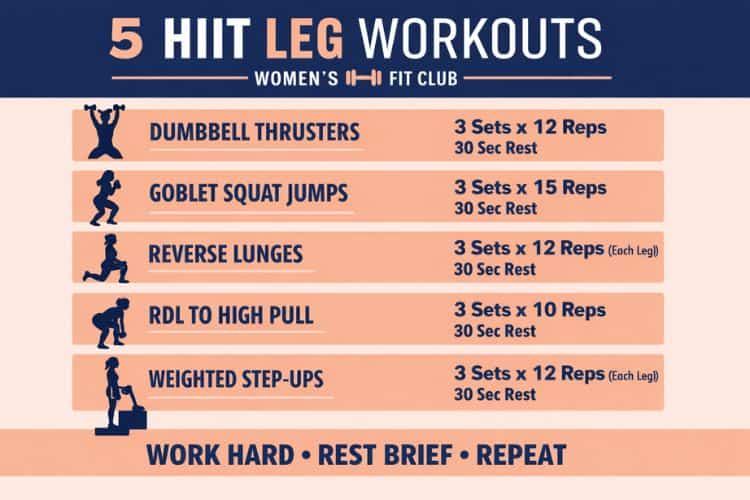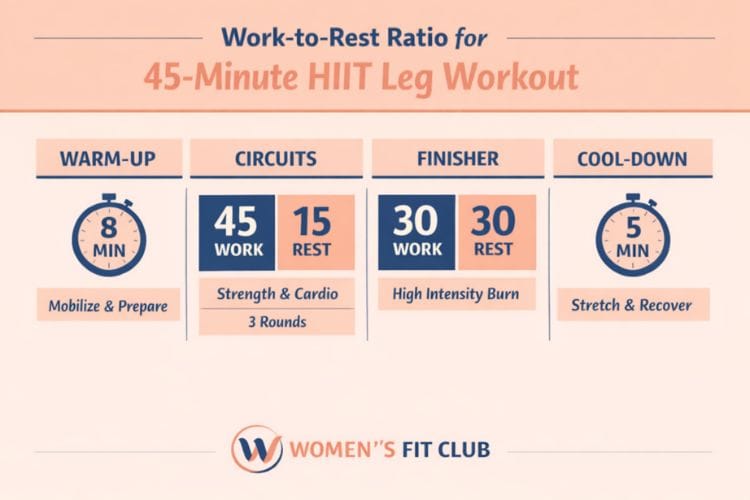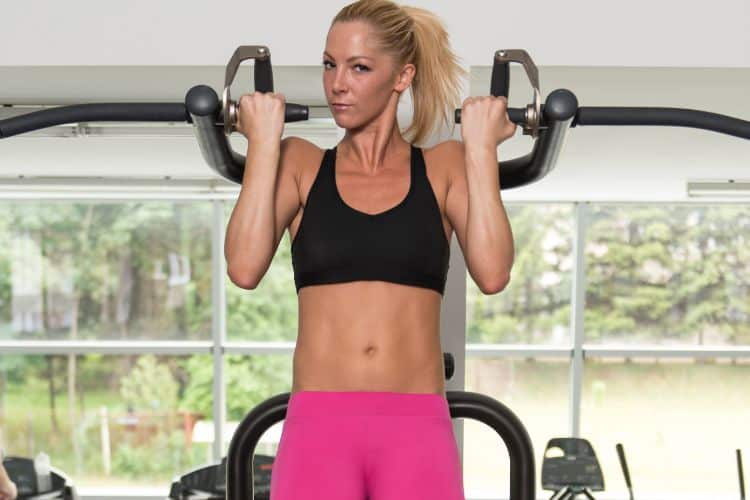Sign up for workout ideas, training advice, reviews of the latest gear and more.






When it comes to achieving fitness goals, whether you’re looking to shed some weight, tone your muscles, or increase your overall physical endurance, the right nutrition plays a crucial role. Having the right balance of proteins, carbs, and fats in your pre- and post-workout meals is essential for optimal performance and recovery. For women in particular, eating the right foods can help maintain energy levels, support hormone balance, and reduce the risk of nutrient deficiencies. Here are some important tips to help you make the most of your workout meals.
The pre-workout meal provides the necessary fuel for your body during exercise. It should be balanced, containing a mix of complex carbohydrates, lean proteins, and healthy fats.
Remember, timing is key. It’s best to eat your pre-workout meal about 2-3 hours before you exercise. If you’re in a rush, opt for a light snack (like a banana or a small yogurt) about 30 minutes prior to your workout.
After working out, your muscles need repair and recovery. The right post-workout meal helps reduce muscle soreness, replenish glycogen stores, and increase muscle protein synthesis.
Aim to eat your post-workout meal within 45 minutes to 2 hours of finishing your workout.
It’s essential to remember that a well-balanced diet is key to any fitness journey. It’s not just about pre- and post-workout meals, but what you eat throughout the day. A mix of fruits, vegetables, lean proteins, whole grains, and healthy fats should be included in your daily meals.
Tailor your meals according to your goals, activity levels, and body type. If you’re aiming for weight loss, your dietary needs will differ from someone who is looking to gain muscle mass. Similarly, the nutritional needs for activities like yoga or pilates can differ from those required for high-intensity workouts like CrossFit.
One common misconception is that working out allows you to eat anything you want. While it’s essential to fuel your body properly, it’s also important to avoid overeating. Keep track of your daily calorie intake, and remember that the quality of the calories is as important as the quantity.
Pay attention to how different foods affect your body. Some foods might make you feel sluggish or bloated. If you’re experiencing digestive discomfort, consider eliminating potential culprits one at a time and observe how you feel.
If you have specific health concerns or dietary restrictions, it may be beneficial to consult a registered dietitian or a nutritionist. They can help tailor a meal plan that aligns with your fitness goals and dietary needs.
It’s essential to fuel your body with the right nutrients before and after workouts. Not only does it help in optimizing your performance during exercise, but it also aids in recovery, helping you get one step closer to your fitness goals. Remember to maintain a balanced diet, listen to your body, and consult a professional if needed. Embrace your fitness journey with the right workout meals, and witness the transformation within yourself.
Stay up to date on the latest women’s health, fitness and lifestyle trends and tips.